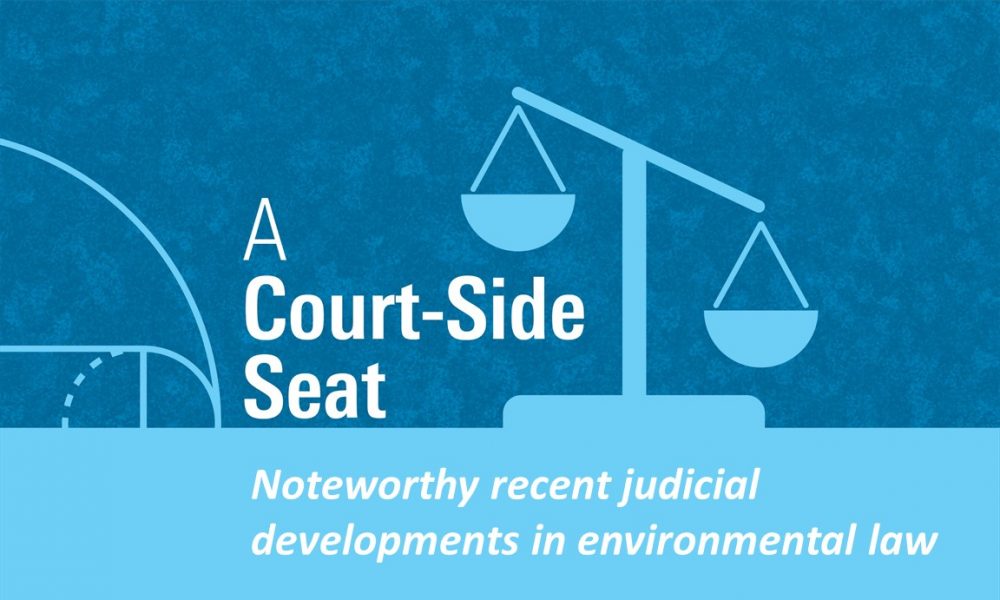How to Protect Your Estate From Scammers
29 Oct Cyber Security Awareness Month: How to Protect Your Estate from Scammers
Posted at 09:26h
Asset Protection
October marks National Cyber Security Awareness Month. We want to remind you that your accounts should be protected before the month ends.
Far, far too many people are victims of scammers and thieves who steal their property or bankrupt their account. Here are some steps you can take to protect your assets and avoid being scammed. Here are some steps you can take to secure your assets and
avoid getting scammed.Cyber Security:
How to Keep Your Estate Safe Step 1: Protecting Your Passwords
If you’ve ever had someone hack your Facebook page or gotten a notice that one of your passwords was included in a data breach, you know how vulnerable your online accounts can be. Wherever it is available, turn on
multi-factor authentication. This way, if your passwords ever become compromised, you’ll have an extra level of protection that prevents access to your accounts.Another step you can take is to set up a
digital vault. If you have been storing passwords in Google Docs or your email, they may be vulnerable. Moving them to a digital vault will add an extra layer of encryption and security.Always wipe old devices like phones or computers when you upgrade. Many cases of theft occur because personal data is accessed from an outdated hard drive. Be sure to reset any device that you used to store your personal information before disposing of it.
Step 2. Monitoring Your Credit Report
Check your credit report regularly for any unexpected changes. Hard inquiries or fluctuations in credit scores are often indicators of fraudulent activity. If you notice anything unusual, report the security breach at
identitytheft.gov and take the appropriate steps to secure your accounts.Credit monitoring companies like Experian also offer features like identity protection services and ID theft insurance. You can also sign up to a title alert service in order to avoid title fraud scams. If you own property in the Phoenix area, you can register with the
Maricopa Title Alert to get instant notifications.Step 3: Recognizing Red FlagsNever trust anyone who asks for personal information over the phone, even if they seem legitimate. Scammers may pretend to be your bank or wireless carrier and ask for sensitive information such as your address, date-of-birth, social security number or password. Do not fall for it! End the call and then contact your bank or service provider to report the incident.
Estate planning scams and
inheritance tax scams
are also quite common. Remember that a legitimate company would never ask for personal information via the telephone or online. Consult a certified estate planning attorney rather than living trust mills or DIY templates. Trusted Estate Planning Lawyers in ArizonaEstate planning involves a lot of personal and financial information, so it’s important to choose an established firm with a good reputation. Phelps LaClair has been helping Arizona families with estate planning for over 40 year. Contact us today to schedule a
free consultation
. Contact us to schedule a free consultation today.
Photo by Dan Nelson on Unsplash used with permission under the Creative Commons License for Commercial Use 10/29/24.






